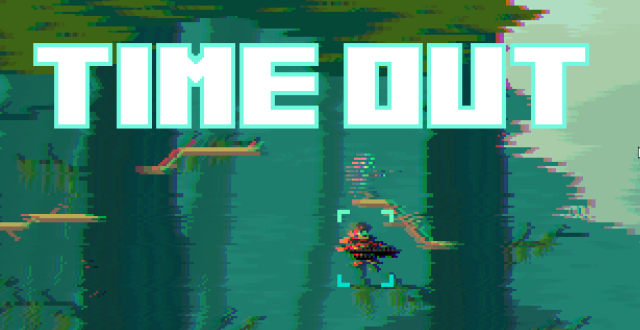Super Time Force’s release window has slipped further into the future
The agents of Super Time Force‘s titular time-traveling force aren’t the only ones busy messing around with time. Capybara Games, the developer behind the upcoming XBLA and Xbox One action title, has moved the release timeline its targeting for the game to this summer, reports Polygon.
“It’s really tough to tell with Q&A and the certification process, but we’re really hoping for May or early June,” studio head Nathan Vella told Polygon this week at Game Developers Conference. “As soon as possible.”
In the game, players have the ability to call “Time Out” and rewind the action upon dying so that they can fight alongside previous versions of themselves in, as Capy’s website explains, “the good ol’ seconds of a few seconds ago, creating a veritable army of yous.” The ability to rewind and try again might be an attractive one to Capy Games, considering that it has had to change release plans for Super Time Force more than once.
Vella said last September that his game would “definitely” release in 2013. The studio president said at the time that the game was “feature-locked.” That was before an Xbox One version of Super Time Force was announced, though. The work necessary to make the next-gen iteration of the side-scroller a reality forced the release window for both versions back into “early 2014.”
Whenever the game finally does release it will do so as part of the ID@Xbox program, meaning Capy will self-publish it. Not unlike how Microsoft will allow the developer to figure out how best to publish on its own, Capybara will empower gamers with the ability to take advantage of its games time ability in any ways they see fit — including unintended ones.
“I’m pretty sure people are going to find ways to manipulate the system, and if they do, I’ll give them high fives,” Vella told Polygon. “If people can figure it out, they should be able to use that as a tool to be better at the game. If they could find a way to almost game the system that we’ve handed to them, then that’s almost a success for us. That means we’ve given them the opportunity to play it exactly how they want. Even maybe to the detriment of the difficulty or something.”
Source: Polygon


